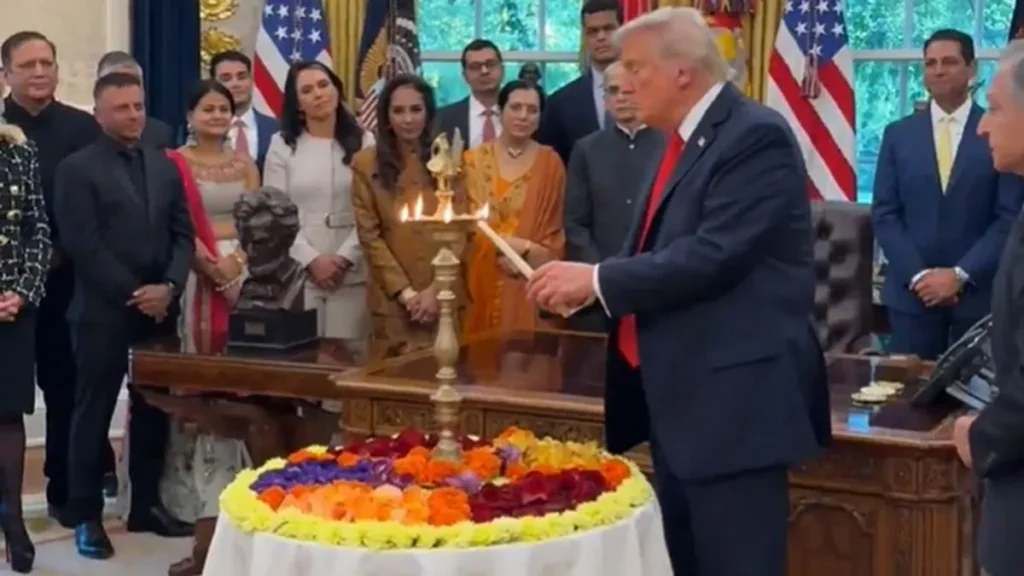Rama Krishna Sangem
Rajiv Gauba panel, established to draw up India’s reform agenda, has begun by recommending 38 time-bound measures in four key focus areas. These include steps to free up the micro, small and medium enterprises (MSME) sector, which it says is disproportionately constrained by complex regulations and compliance.
If the reforms are implemented, there will be big boost to MSME sector which employs close to 30 crore people in the country and account for about 40 per cent of our exports. Even big companies too depend on MSMEs for their micro supplies. Unfortunately, these MSMEs are trapped by many restrictions and regulatory burdens as of now.
The three other segments are environmental regulations, the Food Safety and Standards Authority of India (FSSAI) and the Bureau of Indian Standards (BIS). The panel urged scrapping mandatory corporate social responsibility (CSR) requirements and penalty reductions for MSMEs. It also suggested doing away with the “licence and inspection raj” of FSSAI, besides rationalising the complex regime of multiple BIS standards to a simple twin-scheme one.
Even a small MSME unit is bogged down by over 1,400 compliances annually and needs to track over 40 regulatory changes per day, said the high-level committee on non-financial regulations, led by Niti Aayog member Rajiv Gauba, that was set up after PM Narendra Modi’s big reform call on Independence Day.
Trust based regulations needed
Aiming for a more modern “trust-based” regulatory framework, the committee is making its first recommendations to deregulate and reduce the compliance burden. The following is a list of the recommendations by the committee on the other three areas.
By November 30: Revise the definition of ‘small company’ to sync with the MSME Development Act, 2006, to include all enterprises with a turnover of ₹100 crore (up from ₹40 crore) and paid-up capital of ₹10 crore (up from ₹4 crore) under its ambit.
By December 31: Exempt MSMEs from all mandatory CSR requirements (at least 2% of average net profit over previous three years) and other CSR-linked regulatory obligations. Amendment to Section 135 of the Companies Act, 2013, needed.
By March 31, 2026: For those dealing in goods, increase the GST exemption limit from current Rs 40 lakh to ₹1 crore; for others, raise it from ₹20 lakh to ₹50 lakh.
By October 31: Boosting ecommerce exports suggested, with DPIIT clarifying and easing 100% FDI rules (Press Note 2) for ecommerce exports to not be treated as part of inventory-based prohibited category.
By December 31: Amend MSME laws to introduce sole mediator and sole arbitrator for faster resolution of payment disputes. Launch online adjudication process, expand MSME facilitation councils, mandate pre-deposit enforcement through actual deposits and 50% release of payments that are held up.
By November 30: Expand credit guarantee trust for micro and small enterprises to medium enterprises as well with a separate corpus. Increase maximum guarantee threshold from ₹10 crore to ₹50 crore per borrower. By March 31, 2026: Increase threshold for tax audit from ₹1 crore to ₹2 crore—for micro entities with over 5% cash receipts.


